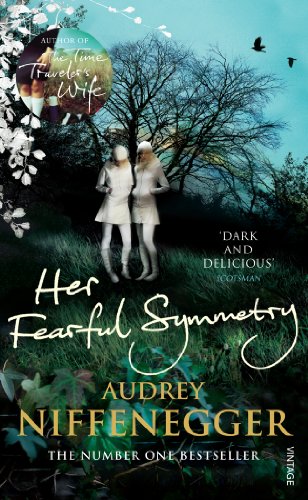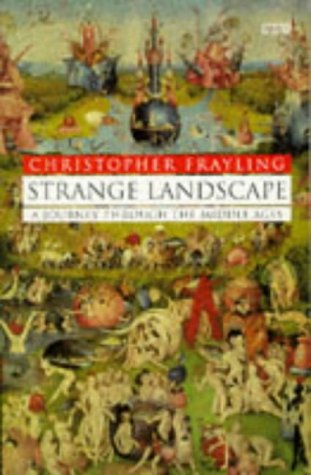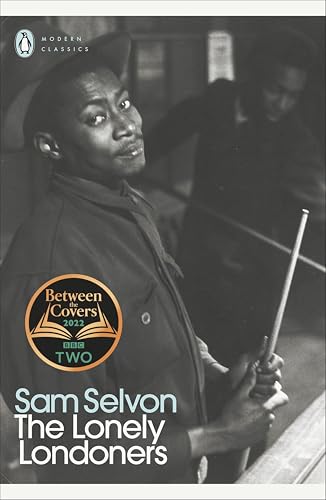So for my after midnight choice of music here is a string quartet from the compose
Elisabeth Luytens.Daughter of the famous architect Sir Edwin Lutyens, Elisabeth Lutyens used her own method of serial (12-tone) composition to create individual, psychologically powerful music.
Determined to be a composer from the age of 9, Elisabeth Lutyens went to Paris in 1922 to study at the Ècole Normale de Musique in Paris. On her return to London, she studied composition and the viola at the Royal College of Music from 1926-30.
Critical of the "overblown" music of Mahler, Bruckner and Elgar, she collaborated with fellow RCM students Iris Lemare and Anne MacNaughton to mount a series of modern music concerts which featured first performances by new composers such as Benjamin Britten, Alan Rawsthorne and Elizabeth Maconchy. Some of Lutyens' own works were also performed, but she withdrew these later because they were "too conservative".
In 1933, Lutyens married the singer Ian Glennie, by whom she had 3 children, but in 1938 she left Glennie for the conductor, Edward Clark. For much of this period, Lutyens had been working in near isolation, since her music had little affinity with prevailing trends in Britain. For example, her Concerto for Nine Instruments (1939) employed a 14-note series which she had worked out for herself. These and other pieces have been described as "extraordinary achievements, demonstrating a completely personal serial style and very original structures".
However, at that time her work was not looked on favourably by the musical authorities at the BBC, although she was praised by the pioneering British serial composer Humphrey Searle, a former pupil of the Austrian serialist Anton Webern. In 1947, she scored a success among the avant garde with a setting of Rimbaud's poem O Saisons, O Chateaux, which had been turned down as "unsingable" by the BBC. Lutyens' bohemian lifestyle was equally unconventional, and there were many parties at Clark's flat in Fitzroy Street, where the alcoholic poet Dylan Thomas was briefly a lodger.
As the music of Webern and Alban Berg became better known in this country, recognition gradually came Lutyens' way with such works as the Wittgenstein Motet (1952) and Music for Orchestra 1 (1955). She nevertheless had to earn her bread and butter by writing film scores, which she did with characteristic energy and professionalism. Her film music career began in 1944 with an item in a 1944 RAF newsreel, and included feature films such as Don't Bother to Knock (1960). She also had a close association with Hammer films, which found her 12-tone system to their taste in numerous movies, including Dr Terror's House of Horrors, The Skull (1965) and The Terrornauts (1967) -- and of course, that deathless classic, "The Earth Dies Screaming."
Lutyens was known and respected as a creative artist for whom compromise was impossible. She was also a provocative and inspiring teacher who gave herself unstintingly to her pupils. Her output was large and varied, and the importance of her contribution to the country's musical life was recognised in 1969, when she was made a Commander of the British Empire.
Elisabeth Luytens - String Quartet No. 6Enjoy








